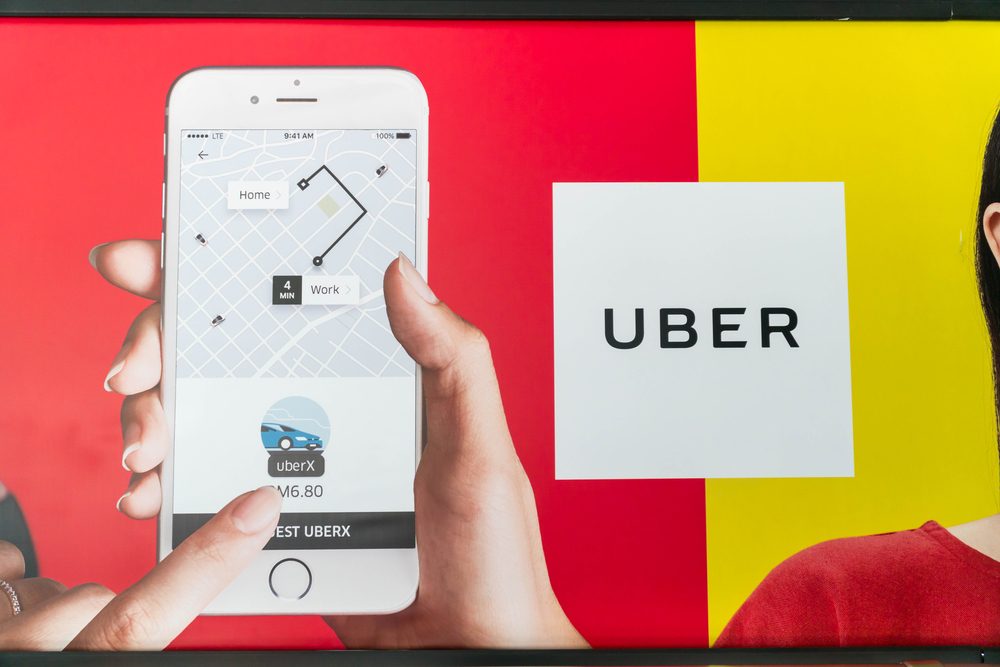Key takeaways
- California’s governor approved AB 1340, letting over 800,000 gig drivers form a union.
- Gig workers keep their status as independent contractors.
- Companies can cut back on extra insurance costs.
- This compromise may inspire similar laws across the country.
- Drivers gain a stronger voice without losing ride-share flexibility.
Understanding the Uber Lyft Drivers Union Law
California’s governor signed a new law called AB 1340. This bill lets Uber Lyft drivers unionize even while they remain independent contractors. Before AB 1340, many drivers worried about losing their gig status if they joined a union. However, this law protects their flexibility and gives them a way to push for fairer pay. For example, drivers can bargain for better wages, safer working conditions, and fair dispute processes. As a result, over 800,000 drivers can now enjoy stronger support without giving up the freedom to choose their schedules.
Benefits for Uber Lyft Drivers Union Members
First, drivers can negotiate for higher pay. In addition, they can ask for more benefits, like paid sick days or injury protections. Next, unions give drivers a platform to share concerns and ideas. Moreover, they can use collective bargaining to reach fair agreements. On top of that, drivers still pick when and where they work. They keep the flexible hours they value. Therefore, they gain security and stay in control of their own schedules.
Why This Change Matters
California led the fight over gig work rights for months. Other states watched closely as unions, companies, and lawmakers argued. At one point, drivers faced two choices: stay contractors with no union power or switch to employees with stricter company rules. This law solves that problem. It balances worker power with business needs. As a result, it cuts extra costs for companies while boosting protections for drivers. Consequently, both sides found a workable solution.
How It Affects Companies and Insurance Costs
Ride-share firms often buy extra insurance to cover contractor accidents. With a union in place, they can negotiate safety standards and coverages as part of bargaining. In turn, they may lower their overall insurance spending. Moreover, better safety rules can reduce accident rates. Therefore, insurers may charge lower premiums. This win-win setup helps companies stay profitable without shortchanging drivers on protections.
Potential Impact Nationwide
After California acted, other states may follow suit. Lawmakers in New York, Illinois, and Texas are already watching the results. If gig workers nationwide see better pay and conditions, they will demand similar rights. Then, more companies might offer union deals to avoid expensive battles. Moreover, a federal law could emerge to set consistent rules across all states. Thus, AB 1340 could spark a major shift in the gig economy’s future.
Next Steps for Drivers and Companies
Drivers should learn about union membership options and vote on bargaining proposals. They can join meetings, share feedback, and elect representatives. Meanwhile, companies need to start talks with driver groups. By collaborating early, they can shape clear agreements on wages, benefits, and safety rules. In addition, insurers can develop new policies that fit the union model. Overall, open communication will lead to smoother rollouts and happier workers.
Looking Ahead
This new law marks a big step for gig workers. It shows creative solutions can bridge the gap between flexibility and security. As more drivers join, they will discover how collective power can improve daily work life. For companies, this model offers lower costs and better driver loyalty. In the end, AB 1340 may become a blueprint for balancing worker rights with modern business needs.
FAQs
How can Uber Lyft drivers start forming a union under AB 1340?
Drivers can connect with certified driver organizations. They must gather support and follow state rules to hold a union vote. Once enough drivers back the idea, they can officially form a union and begin negotiations.
What types of benefits can drivers negotiate for?
Drivers can seek better pay rates, sick leave, safety equipment, injury coverage, and clear grievance processes. They can also discuss fuel allowances and training programs.
Will forming a union change driver schedules?
No. Drivers will keep full control of their schedules. They can choose when and how much to work, just like before.
Could other gig platforms adopt similar union rules?
Yes. Platforms like food delivery and courier services could use this model. If it proves successful, many gig workers may push for the same rights.
